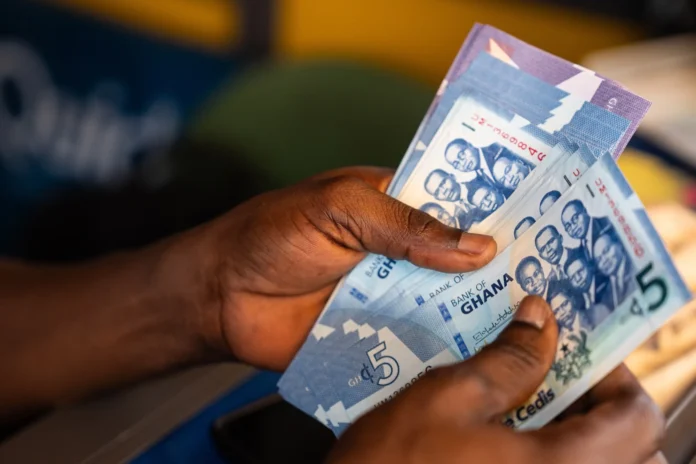The Food and Beverages Association of Ghana (FABAG) has warned that the proposed increase in tariffs will unleash a new wave of price hikes.
According to the FABAG, the proposed increase would cripple businesses and undermine the government’s 24-hour economy policy.
FABAG revealed that sales in the sector have dropped by as much as 70% due to economic challenges and the cedi depreciation.
In a press release on Sunday, September 14, FABAG wrote, “The business sector is at a standstill. Food may be a necessity, but people are simply not buying,”
“If the food sector is this badly hit, what is happening in the non-food sector?”
“The food and beverages sector is one of Ghana’s largest employers and heavily depends on electricity and water. Increasing tariffs will wipe out thin profit margins and force many SMEs to shut down,” the statement added.
FABAG added, “Utility costs are a major part of food, transport, and housing — the key drivers of inflation in Ghana. Increasing tariffs now will unleash a new wave of price hikes that will hurt households and slow economic growth”.
We demand performance-linked tariffs. Utilities must first reduce system losses, improve collections, and eliminate inefficiencies before passing costs onto consumers
“The government must not allow inefficiencies in the utility sector to be paid for by struggling mothers selling bread at dawn or small business owners trying to survive,” FABAG concluded.
The Food and Beverages Association of Ghana (FABAG) urged the PURC to reconsider the proposed tariff increases in light of the country’s current economic challenges.
FABAG statement comes on the heels of Ghana Water Limited (GWL) having proposed a jump in water tariff from GH¢5.28 per cubic metre to GH¢20.09 per cubic metre, which is a 281 per cent increase.
Also, the Ghana Grid Company (GRIDCo) is demanding a 130% transmission tariff hike to sustain operations from the Public Utilities Regulatory Commission (PURC).
Additionally, the Volta River Authority (VRA) is requesting a 59 per cent increase in its Bulk Generation Charge (BGC) from the Public Utilities Regulatory Commission (PURC).
VRA is seeking PURC to approve their demands to raise the tariff from 45.0892 Ghana pesewas per kilowatt-hour to 71.8862 pesewas per kilowatt-hour.
According to VRA, the increase is critical to fully recover the cost of power generation supplied to distribution companies (DISCOs).
VRA added that the adjustment will help sustain reliable electricity generation and meet its operational and financial obligations.
Furthermore, the Electricity Company of Ghana (ECG) is also proposing a 224 per cent increase in tariff hike.
The Electricity Company of Ghana (ECG) has proposed a 225% increase in its Distribution Service Charge for the 2025 to 2029 tariff period.
The power distribution company is seeking an adjustment from the current GHp19.0875/kWh to an average of GHp61.8028/kWh to restore the company’s financial stability.
Their proposal notes the rising inflation, foreign exchange volatility, and interest rates.
Meanwhile, Julie Kozack, the Director of Communications at the International Monetary Fund (IMF), has backed the Electricity Company of Ghana’s (ECG) proposed 225% tariff hike.
The IMF’s Director of Communications described the proposed utility tariff adjustments as vital to fixing inefficiencies and attracting investment.
Speaking to journalists in Washington, D.C., on Thursday, September 11, 2025, Julie Kozack, explained, “What is essential from our perspective is that any tariff adjustments in the electricity sector aim to address longstanding inefficiencies in the sector, importantly, that they support much-needed investment in the electricity sector, and also that they are aimed at preventing the accumulation of arrears in the energy sector”.
“More generally, we are continuing to support broader sector reforms, including private sector participation in ECG operations,” she noted.

